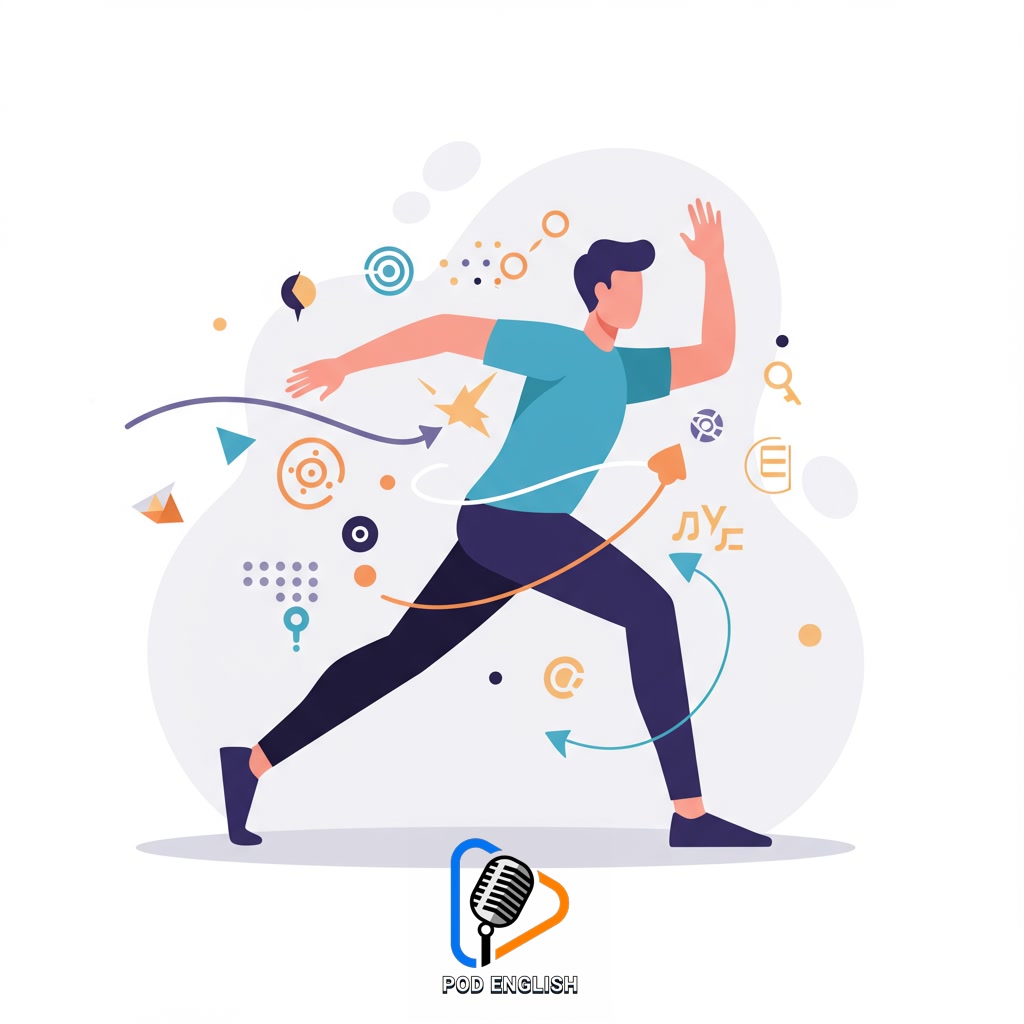Learn English
Exercise Boosts Brain Function for Faster English Learning
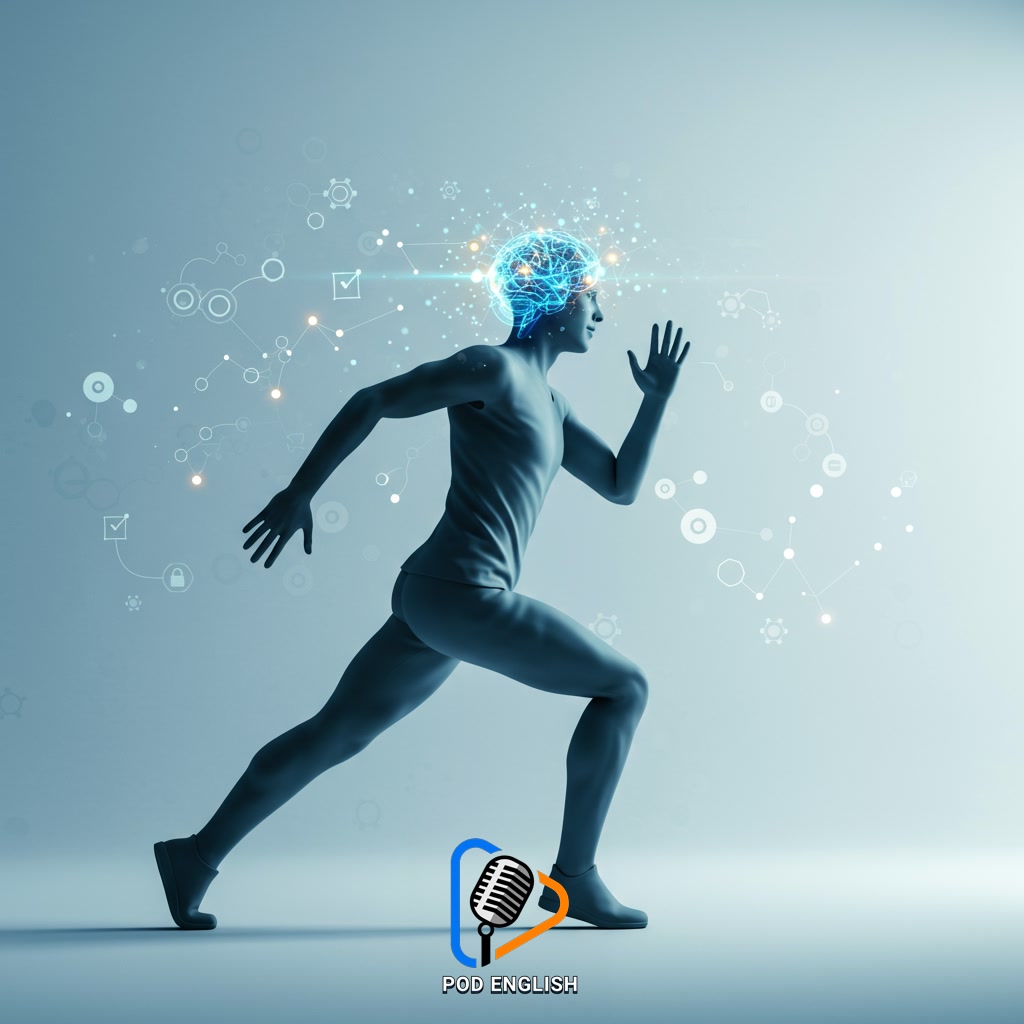
Physical exercise has been shown to significantly enhance brain function. This improvement in cognitive abilities can directly lead to faster acquisition of new skills and knowledge. Research suggests that regular physical activity is a powerful tool for boosting learning capacity. Therefore, incorporating exercise into your routine may be a highly effective way to accelerate your progress when learning English.
Table of Contents
- Section 1: Introduction: The Power of Exercise for Cognitive Function
- Section 2: How Exercise Positively Impacts Brain Health and Structure
- Section 3: Specific Brain Functions Boosted by Physical Activity (Memory, Focus, Attention)
- Section 4: Connecting Enhanced Brain Function to English Language Acquisition
- Section 5: Practical Exercise Tips for English Learners
- Section 6: Conclusion: Integrating Exercise for Accelerated Learning
Section 1: Introduction: The Power of Exercise for Cognitive Function
Welcome to this exploration of how physical activity can dramatically improve your ability to learn, especially complex skills like a new language. It’s widely understood that exercise is vital for physical health, but its profound impact on brain function is equally compelling and perhaps less recognized. This introductory section delves into the fundamental connection between moving your body and boosting your cognitive capabilities. We’ll look at how regular physical activity enhances blood flow to the brain, stimulates the growth of new brain cells, and improves the connections between existing ones. These biological changes lay the groundwork for improved memory, concentration, and overall mental sharpness. Understanding this powerful link is the first step in leveraging exercise as a tool to accelerate your English learning journey.

Section 2: How Exercise Positively Impacts Brain Health and Structure
Building upon the understanding that exercise is crucial for physical health, its impact on the brain is equally profound. Regular physical activity significantly increases blood flow to the brain, ensuring it receives ample oxygen and nutrients vital for optimal function. Furthermore, exercise stimulates the production of growth factors, most notably Brain-Derived Neurotrophic Factor (BDNF). BDNF is often referred to as “Miracle-Gro” for the brain because it supports the survival and growth of existing neurons and encourages the formation of new ones, a process called neurogenesis, particularly in regions like the hippocampus, critical for memory and learning. This biological activity leads to structural changes, enhancing neural pathways and improving the brain’s overall plasticity – its ability to adapt and form new connections. These positive changes lay a strong foundation for improved cognitive function, including memory, attention, and processing speed.
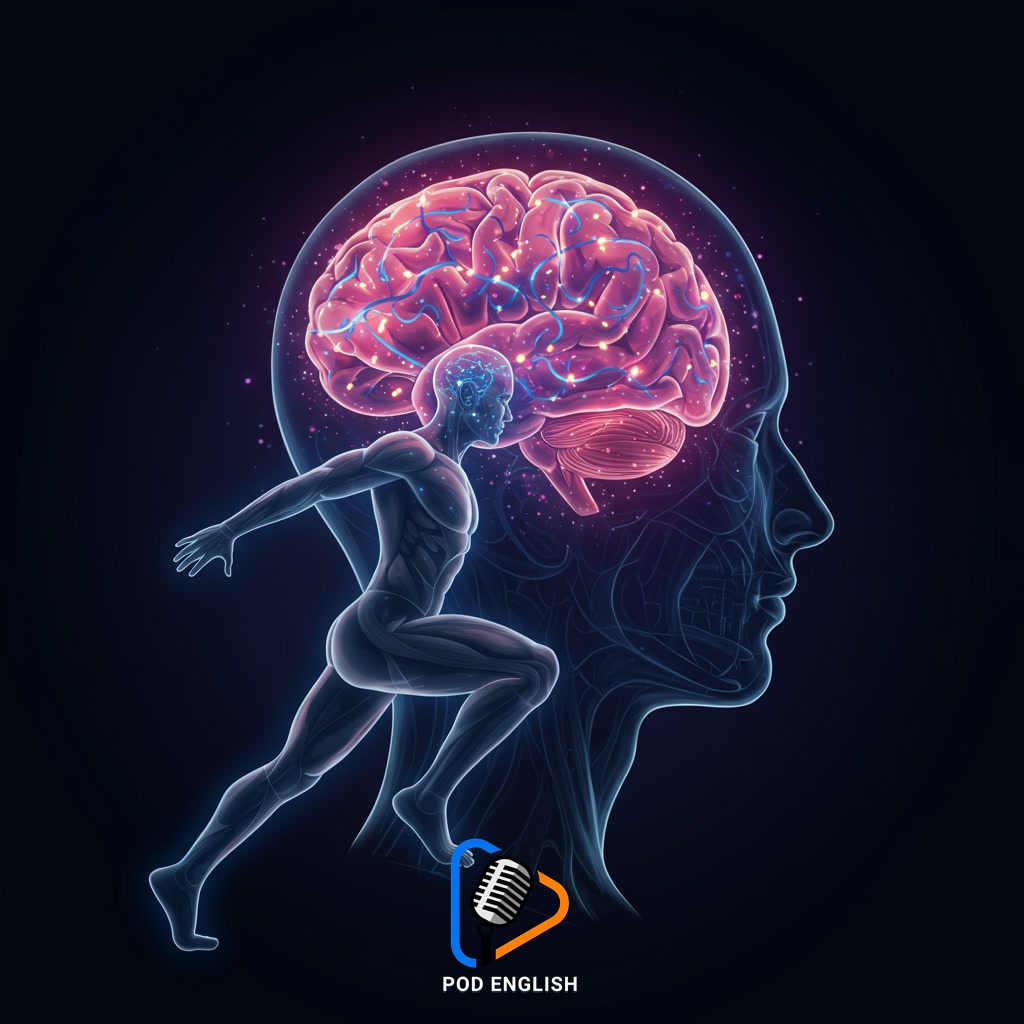
Section 3: Specific Brain Functions Boosted by Physical Activity (Memory, Focus, Attention)
Building upon the understanding that exercise is crucial for physical health, its impact on the brain is equally profound. Regular physical activity significantly increases blood flow to the brain, enriching it with oxygen and vital nutrients. More specifically, exercise stimulates the release of neurochemicals like dopamine and norepinephrine, which are critical for regulating mood, focus, and attention. It also promotes the production of Brain-Derived Neurotrophic Factor (BDNF), a protein that supports the growth of new neurons and synapses, particularly in areas associated with memory and learning, such as the hippocampus. This enhanced neural connectivity and chemical balance directly contribute to improved cognitive functions, making it easier to concentrate during study sessions, retain new vocabulary, and process complex grammatical structures, ultimately accelerating progress in learning English.
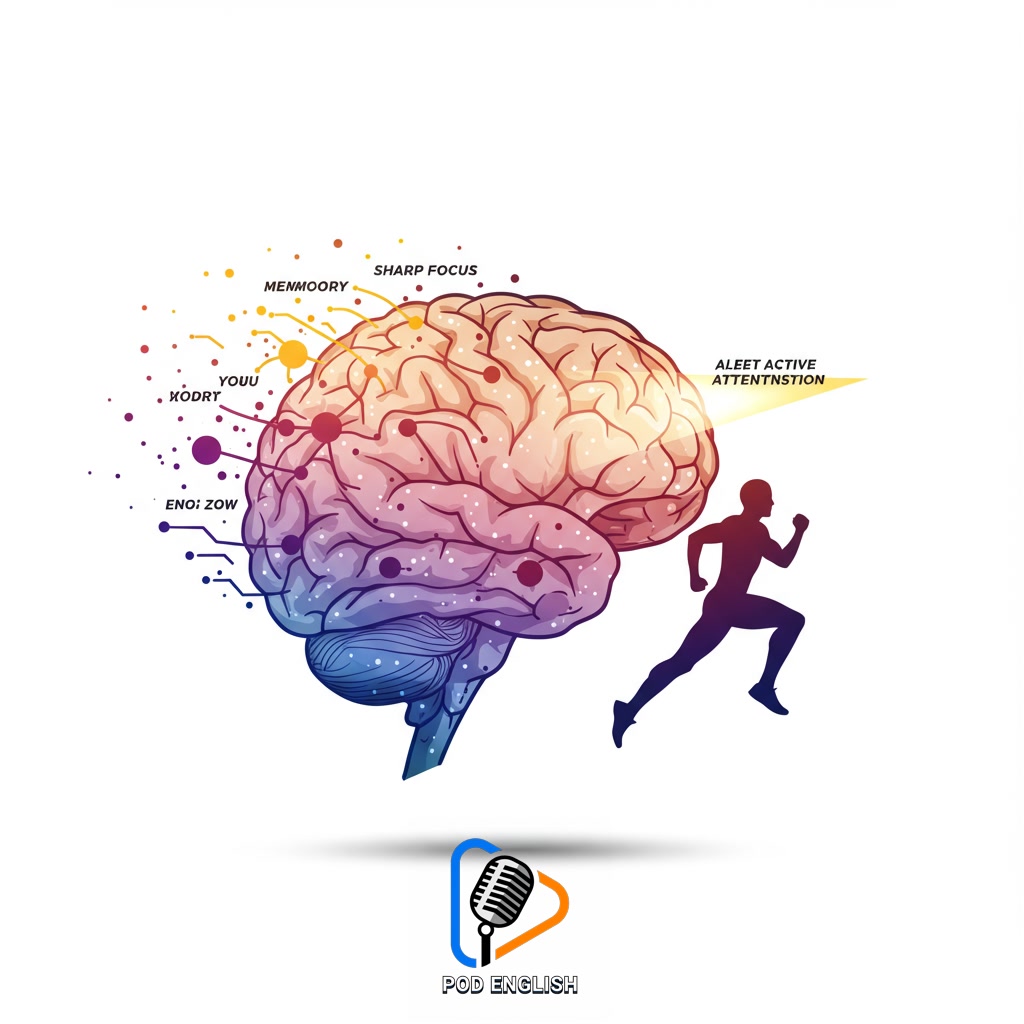
Section 4: Connecting Enhanced Brain Function to English Language Acquisition
Building upon the understanding that exercise is crucial for physical health, its impact on the brain is equally profound. Regular physical activity significantly increases blood flow to the brain, enriching it with oxygen and nutrients. This enhanced supply directly fuels improved cognitive functions essential for learning, such as memory consolidation, attention span, and information processing speed. Specifically for English language acquisition, this means a sharper ability to remember new vocabulary and grammar rules, better focus during lessons or study sessions, and faster comprehension of spoken or written English. By boosting the brain’s overall capacity and efficiency through exercise, you create a more fertile ground for absorbing and retaining the complexities of a new language, thereby accelerating your learning journey.
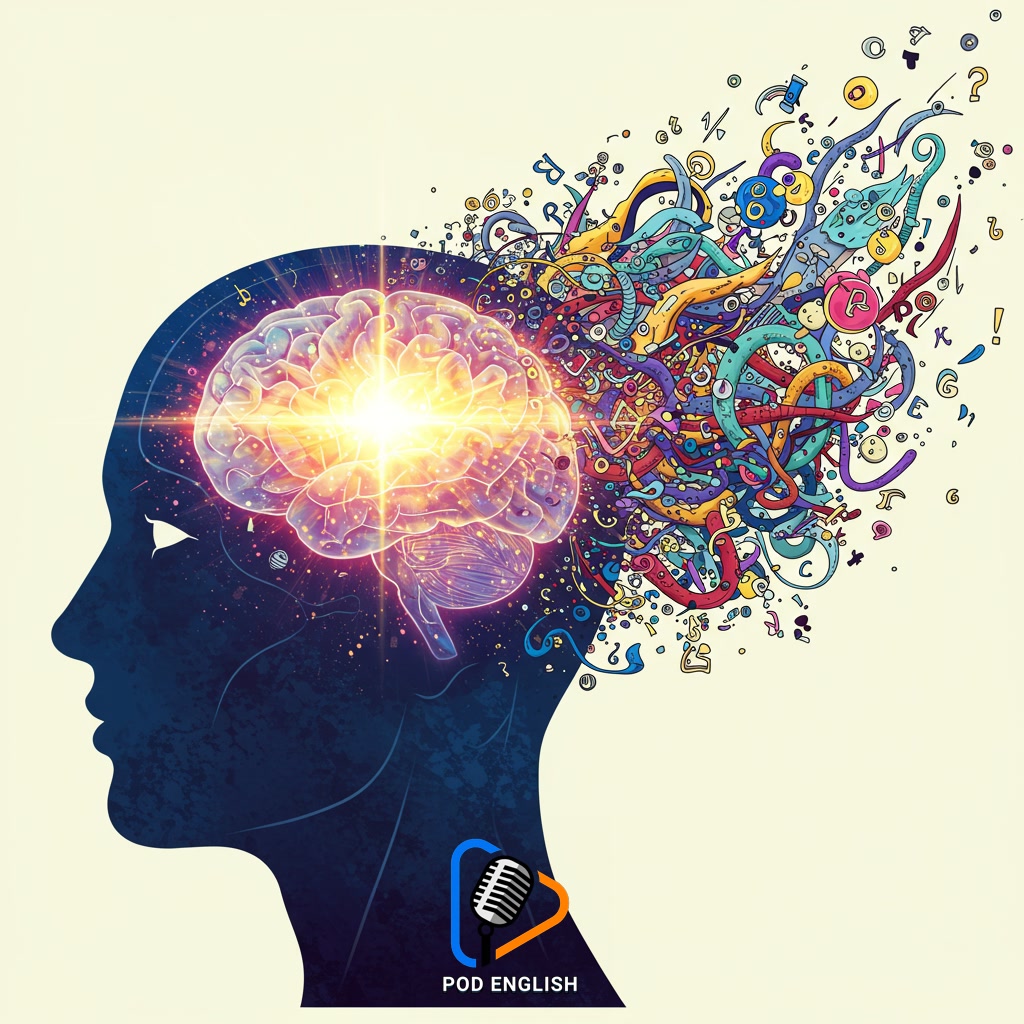
Section 5: Practical Exercise Tips for English Learners
Incorporating exercise into your daily or weekly routine doesn’t require hours at the gym. Simple activities can make a significant difference. Consider integrating short bursts of activity, like a brisk walk during study breaks or stretching exercises between learning sessions. Listening to English language podcasts or audiobooks while walking, jogging, or cycling is a fantastic way to combine physical activity with language immersion. Even light exercises such as yoga or tai chi can enhance focus and reduce stress, creating a more conducive environment for absorbing new vocabulary and grammar. The key is consistency, finding activities you enjoy, and making them a regular part of your life alongside your English studies to maximize cognitive benefits.
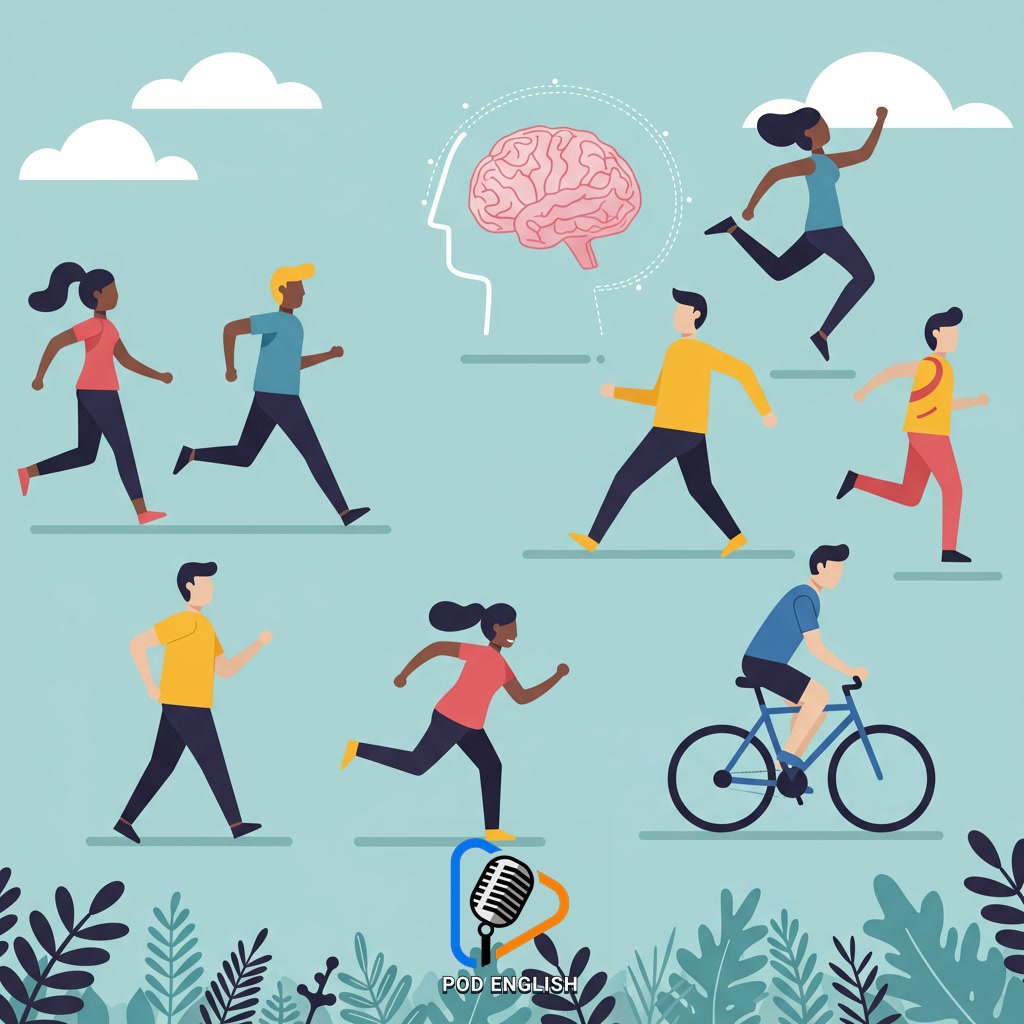
Section 6: Conclusion: Integrating Exercise for Accelerated Learning
To conclude, the evidence strongly supports the notion that physical activity is a powerful ally in the learning process. By enhancing blood flow, neurogenesis, and overall cognitive function, exercise creates a brain environment more receptive to acquiring new information and skills. This improved brain capacity directly impacts your ability to grasp English vocabulary, grammar, and pronunciation more quickly and retain it effectively. Therefore, viewing exercise not just as a health benefit but as a key component of your English learning strategy can significantly accelerate your progress. Make a conscious effort to integrate regular physical activity into your routine – even small amounts can make a difference – and unlock your brain’s full potential for faster, more efficient language acquisition.
